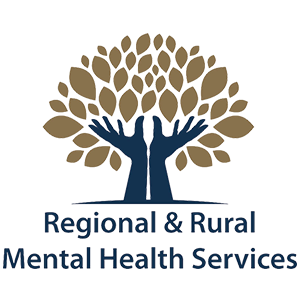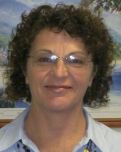Barbara Stubbs
BPsych, GDipPsych, GCert MHP, GCertDEdu, Assoc MAPS, Psychologist
Barbara holds professional qualifications in two fields, those being psychology and diabetes education. She has a special interest in the psychological impact of chronic conditions, such as diabetes, not only for the person with the condition, but for family, friends and society. Barbara has experience in the area of children and youth with Type 1 diabetes. In addition, Barbara has experience and professional clinical knowledge in screening, assessing and implementing treatments for Co-existing Disorders, and in the field of Transcultural Mental Health. She has lived and worked within the rural North West of Queensland, working with Indigenous and Non-Indigenous persons. She has worked for a number of years in a clinical mental health practice. And more recently, Barbara has worked in New Zealand, as an Alcohol and Drug Clinical Case Manager with Maori and Pakeha persons. Working in Australia and New Zealand, Barbara has gained a wide range of professional skills in the assessment and treatment of numerous psychological and behavioural disorders. Barbara's areas of expertise include:
- Assessment and therapeutic interventions for affect, mood and behavioural issues for diabetic, non-diabetic and transcultural persons
- Assessment and therapeutic interventions for relapse prevention and maintenance of optimal health
- Psychological Assessments and Interventions for child and youth difficulties
- Screening, assessment and treatment for substance misuse
- Family therapy.

